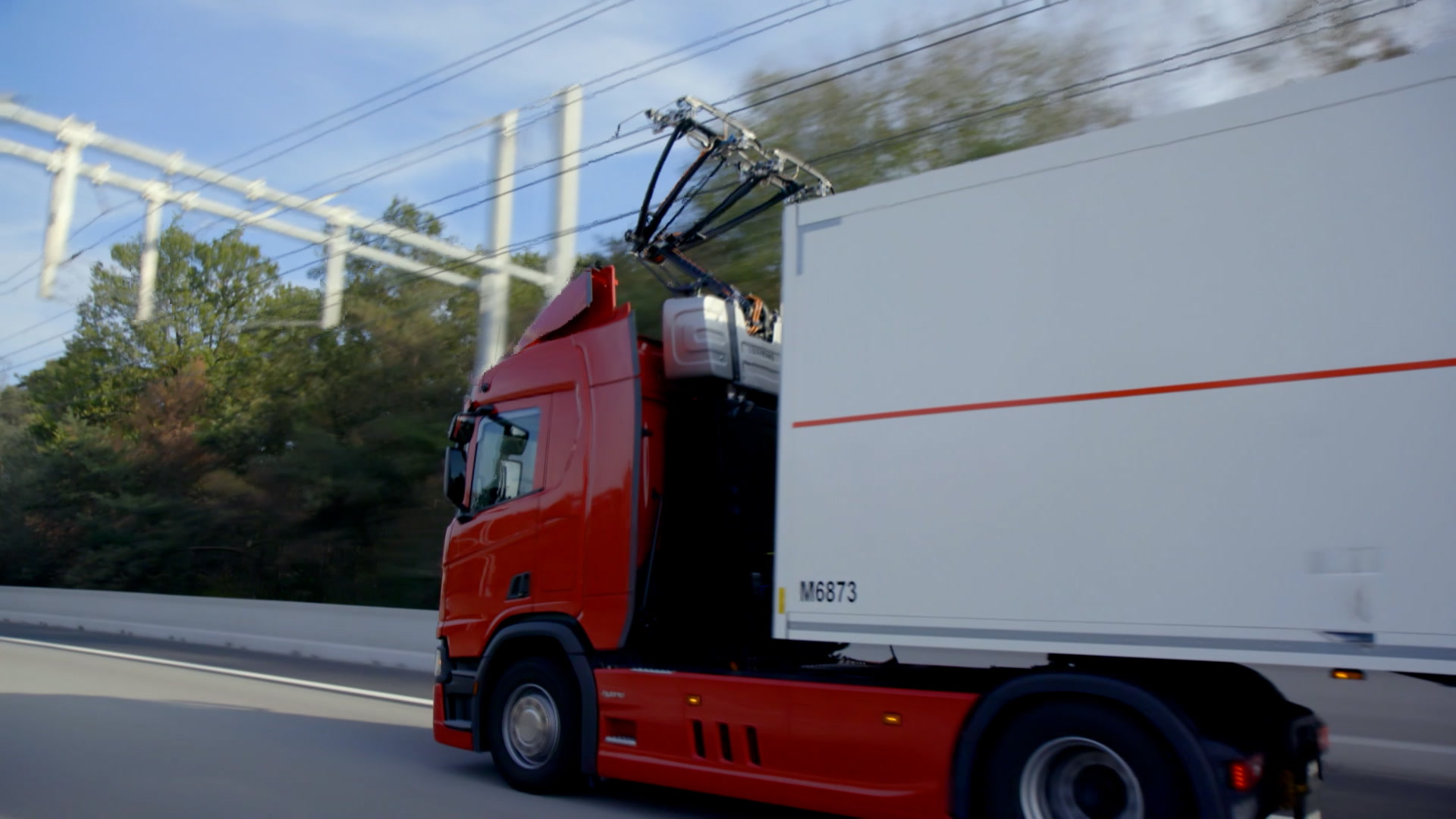Here's how one of the world's most congested cities is tackling air pollution

Bogotá is usually one of the world’s most congested cities. Image: REUTERS/Jose Miguel Gomez

Get involved with our crowdsourced digital platform to deliver impact at scale
Stay up to date:
Supply Chain and Transport
- Bogotá experienced an 80% drop in atmospheric pollution during lockdown.
- So the Colombian capital is taking measures to improve its air quality.
- Cycling, walking and electric transport are set to increase.
- While diesel trucks and heavy emitting traffic will face restrictions.
Bogotá is usually one of the world’s most congested cities, but during lockdown, pollution dropped dramatically. Now it’s looking for a permanent fix, announcing plans to reduce traffic and cut air pollution by 10% within four years.
When coronavirus restrictions were in place, overall air pollution fell by 80%. Spurred on by this, the city has set out a series of initiatives to try to clean up its transport sector for good.
Transport is responsible for 70% of Bogotá’s total air pollution, Mayor Claudia López said, speaking at the WWF webinar Clear Skies to Clean Air. Here are five measures it’s taking to bring that figure down:
1. Electrifying the mass transport system
City policy-makers plan to switch from buses that run on fossil fuels to electric-powered vehicles that can move people around the city without generating harmful emissions.
A fully electric metro rail system is also being planned, capable of transporting the city’s 8 million residents and around 2 million daily commuters who work or study in the city centre.
The mass transit system will connect the city’s metropolitan area with 46 municipalities of Cundinamarca province, which surrounds Bogotá.
2. Increasing cycle infrastructure
Bogotá is a bike-friendly city that, like some other major urban areas around the world, has invested in dedicated cycle infrastructure. Every day, the city’s residents make more than 800,000 cycle trips, helping to ease congestion on roads.
During lockdown, 80 kilometres of temporary cycle paths were added to the existing 550 kilometre network, reclaiming roads from cars to help people avoid travelling on public transport.
Plans are in place to extend the existing network by 60 kilometres, to encourage bike use as an alternative to driving or public transport.

3. Encouraging people to walk
As with cycling, the city plans more to encourage people to avoid polluting forms of transport where possible. With coronavirus still a threat, walking offers a way to observe social distancing measures and avoid crowded public transport.
Guidance from C40, a group of leading climate-smart cities that includes Bogotá, explains that pavements that are well lit, accessible and separated from traffic will encourage pedestrians to move around freely and safely.
With residents making more trips on foot, there are fewer vehicles and lower emissions. Plus walking comes with significant health benefits for citizens.
What is the World Economic Forum doing to promote sustainable urban development?
4. Restricting goods vehicles
The city’s air management plan includes imposing restrictions on trucks entering the city, which will have to comply with strict emissions standards, says López.
As well as curbing emissions, enforcing pollution controls on vehicles in this way could help reduce the volume of traffic on Bogotá’s heavily congested streets.
Although heavy transport is difficult to electrify, the city aims to incentivize truck operators to move away from diesel vehicles to those that run on cleaner fuels.

5. Increasing air quality monitoring
New air quality monitoring stations will be added to the Bogotá Air Quality Monitoring Network.
In southwestern areas of the city, where fine particulate matter pollution is most concentrated, the administration wants to work with other stakeholders to reduce particulate pollution by 18%, the Secretary of Environment announced.
Bogotá’s mayor invited the city’s residents to change their habits in the coming years to adopt more sustainable ways of moving around the city.
Don't miss any update on this topic
Create a free account and access your personalized content collection with our latest publications and analyses.
License and Republishing
World Economic Forum articles may be republished in accordance with the Creative Commons Attribution-NonCommercial-NoDerivatives 4.0 International Public License, and in accordance with our Terms of Use.
The views expressed in this article are those of the author alone and not the World Economic Forum.
Related topics:
The Agenda Weekly
A weekly update of the most important issues driving the global agenda
You can unsubscribe at any time using the link in our emails. For more details, review our privacy policy.
More on Supply Chain and TransportSee all
Rida Tahir
April 9, 2024
Kimberley Botwright and Spencer Feingold
March 27, 2024
Andrea Willige
March 19, 2024
Laia Barbarà and Claudia Galea
March 12, 2024
Zera Zheng, Rico van Leuken and Lars Karlsson
February 23, 2024







